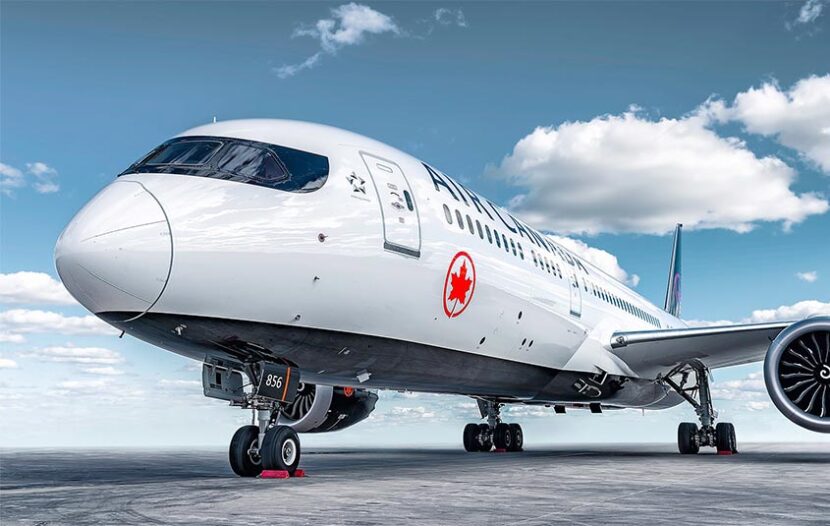MONTREAL – Air Canada says the country’s passenger rights overhaul will hardly hurt its bottom line, though the full effect won’t be known until implementation next year.
On a call with analysts Monday, chief financial officer John Di Bert said the financial impact of regulatory changes _ both rights reforms and stricter rules around pilots’ shift length and rest periods _ would put “additive pressure” on costs.
“But certainly those would be incremental to the current cost base,” he said.
Asked whether the new traveller rights rules would drain hundreds of millions of dollars or mere tens of millions from company coffers, Di Bert replied: “Hundreds of millions would feel heavy. But certainly it could have some impacts that may still be felt when we look forward to (2024) and beyond.”
In April, the federal government announced sweeping reforms to the Air Passenger Protection Regulations, with the specifics now being hashed out by Canada’s transport regulator.
The changes appear to scrap a loophole through which airlines have denied customers compensation for flight delays or cancellations when they were required for safety purposes.
The new rules also ratchet up the maximum penalty for airline violations to $250,000 _ a tenfold increase _ and put the regulatory cost of complaints on carriers.
Airlines have pushed back against the existing regime _ rolled out in 2019 _ as well as the revised one, insisting it will raise costs and unfairly punish carriers who may not be responsible for problems that stem from any one of a number of players in a vast travel ecosystem, ranging from baggage crews to security screeners.
“This could potentially lead to significantly higher amounts of compensation, significantly higher costs,” said Jeff Morrison, CEO of the National Airlines Council of Canada _ which represents four major carriers including Air Canada and WestJet _ last month in an interview.
So far, airlines have faced few penalties from the transportation agency for breaches related to passenger compensation for delays and cancellations. The regulator has issued only one, according to Air Passenger Rights advocacy group president Gabor Lukacs.
“If fines were issued more frequently, airlines would not waste peoples’ money with unreasonably refusing to pay,” he said.
National Bank analyst Cameron Doerksen highlighted several financial pain points at Air Canada, including an upcoming collective agreement for pilots that is widely expected to bring them big gains, given the major wage hikes this year at three major U.S. carriers as well as WestJet.
“While the company will face some incremental upward pressure on costs in 2024 due to increased pilot costs as well as higher costs from new passenger protection legislation in Canada _ which will impact all airlines _ we note that Air Canada currently has about eight per cent more employees than 2019 even though it will fly 12 per cent less capacity this year,” Doerksen said in a note to investors on Monday.
Air Canada took in $16.7 billion in revenue through the first nine months of the year, and net income topping $2.1 billion.

